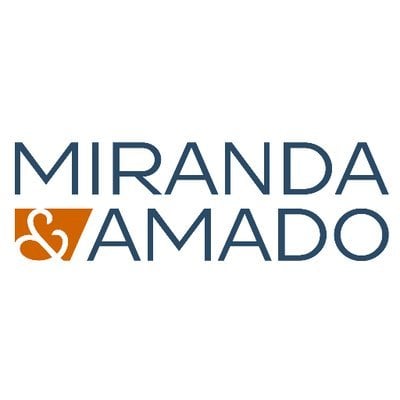Event Report
The Sala Cuzco of the Westin Lima Hotel was at capacity for this, the first Legal 500 round table event in Peru, sponsored by local powerhouse Miranda & Amado Abogados. We were fortunate enough to count on the presence of key players in the financial sector (always a plus in these discussions due to the heavily regulated nature of the sector), including Citibank, Credicorp and BD Capital; a range of notables in the retail sector, from Procter & Gamble and Grupo Gloria to Belcorp; aviation (LATAM, Avianca and Grupo Aereos Arequipa); energy (REPSOL, TGP and Statkraft); mining (Hochschild); pharmaceuticals (Grupo Teva); cement (Pacasmayo); telecoms (Level 3), as well as others significant multinationals in their respective sectors such as 3M and ABB.
Discussion departed from a review of the Peruvian legal sector in the wake of the (ongoing) fall out from Lavo Jato and the Odebrecht scandal, which has hit Perú particularly hard: as I write not only is one former president in prison and another due for extradition but current incumbent Pedro Pablo Kuczynski is three days away from a vote seeking his destitution – the second in as many months. If the scandal, one of a number, has hit the construction and infrastructure sector in particular, there is no doubt that the fallout is being felt across the legal sector, both in-house and in private practice. Compliance, in all its sub-areas, from FCPA and the UK Bribery Act, to Anti-money laundering, data privacy and FATCA-related tax matters have risen to the top of GC’s list of preoccupations with dizzying speed. Indeed, the differing experience of those with a strictly domestic base of operations, as opposed to multinationals, proved a rich vein of discussion, as did the pros-and-cons of maintaining the legal and compliance functions as a single operative unit as opposed to dividing them.
The conversation moved on to consider issues ranging from the challenge of instilling an ethical culture within the business; issue related to third parties such as suppliers and contractors; and the impact of the cost of compliance on competitivity. Suffice to say that all present were very clear not only that compliance pays, but also that the present socio-political conjuncture offers Perú a unique opportunity to advance in this area, despite the challenges -both within and outside companies- of changing a number of engrained cultural habits (the issue of a lack of ‘civic’ culture, as demonstrated on Lima’s highways surfaced repeatedly).
Despite the conversation over-running not inconsiderably, the morning was not long enough to cover an entire array of relevant topics, from the role (both positive and negative) of media exposure in corruption cases; whistleblowing and the utility of ‘hotlines’; and the respective roles of technology and international norms (e.g.: ISO 37001) in the development of local compliance culture. Certainly, there remain both the issues for discussion and the enthusiasm to do so for future events of this nature. In the interim, we would like to thank all our attendees for their considered -and occasionally strident- interventions and sponsor firm Miranda & Amado Abogados for their sponsorship and facilitation of such a successful event.
In association with...
